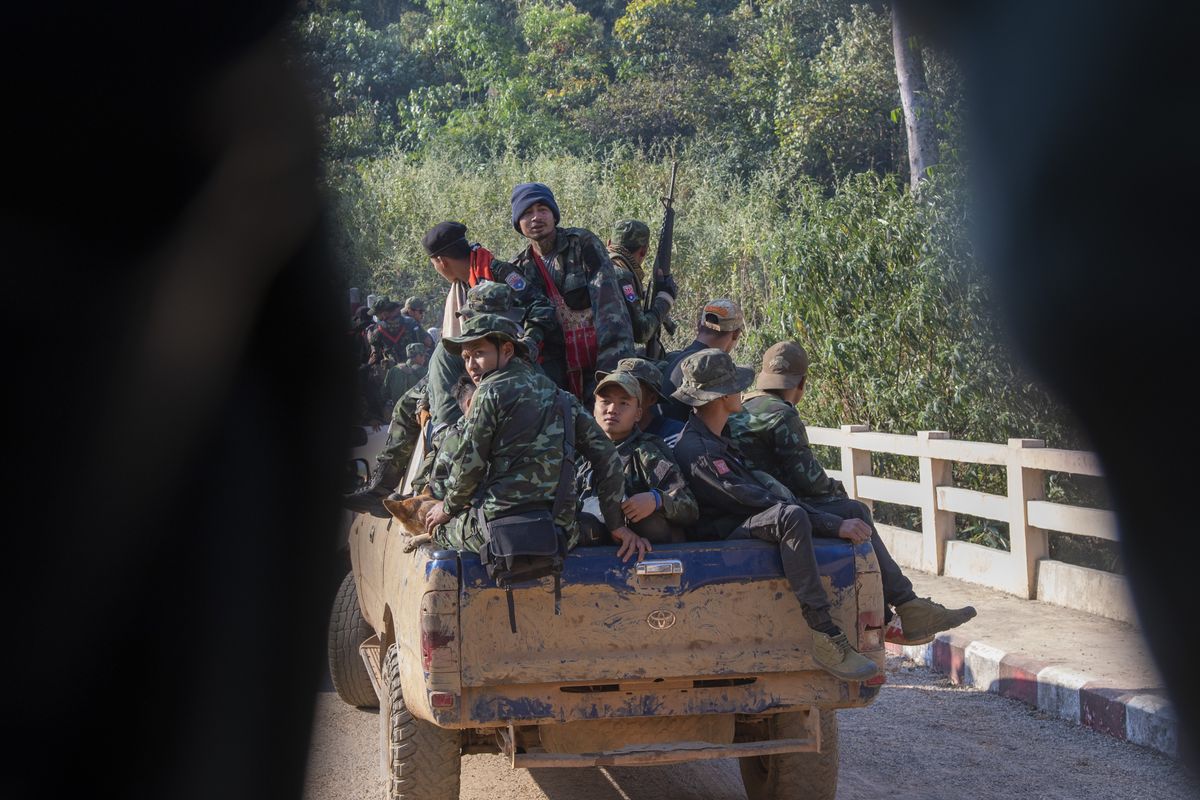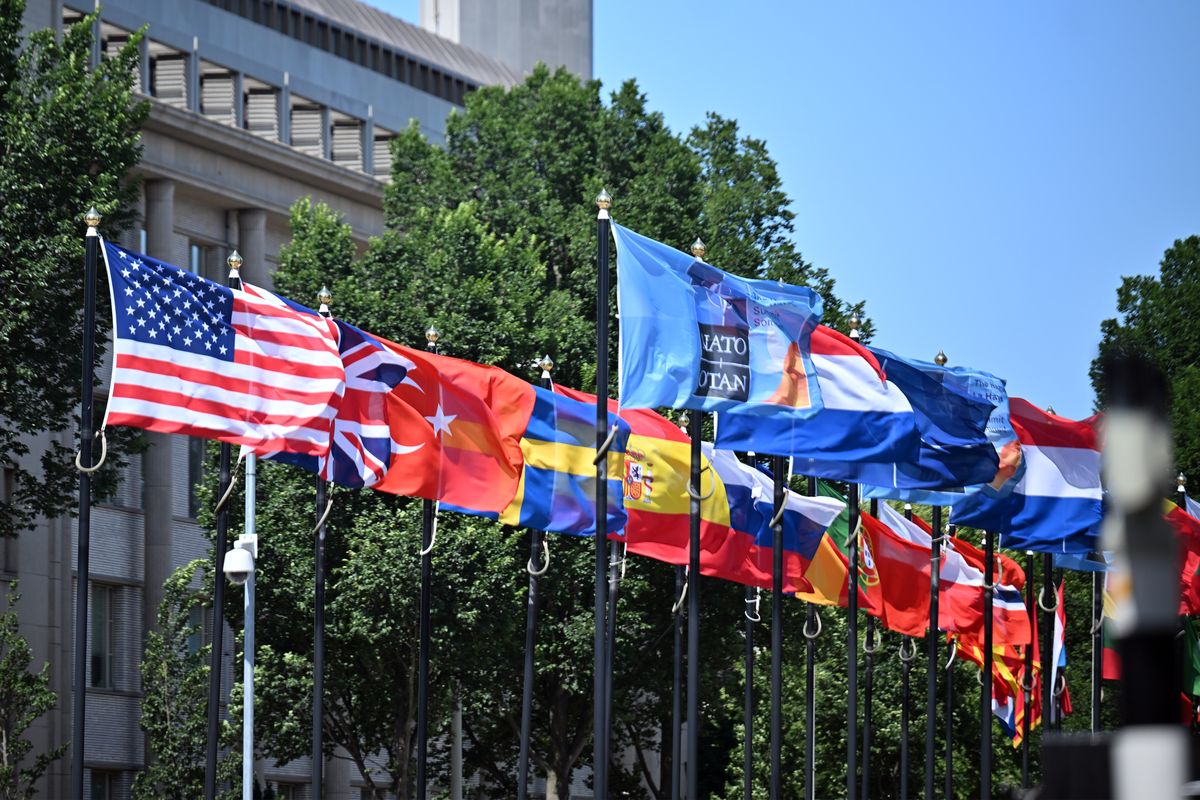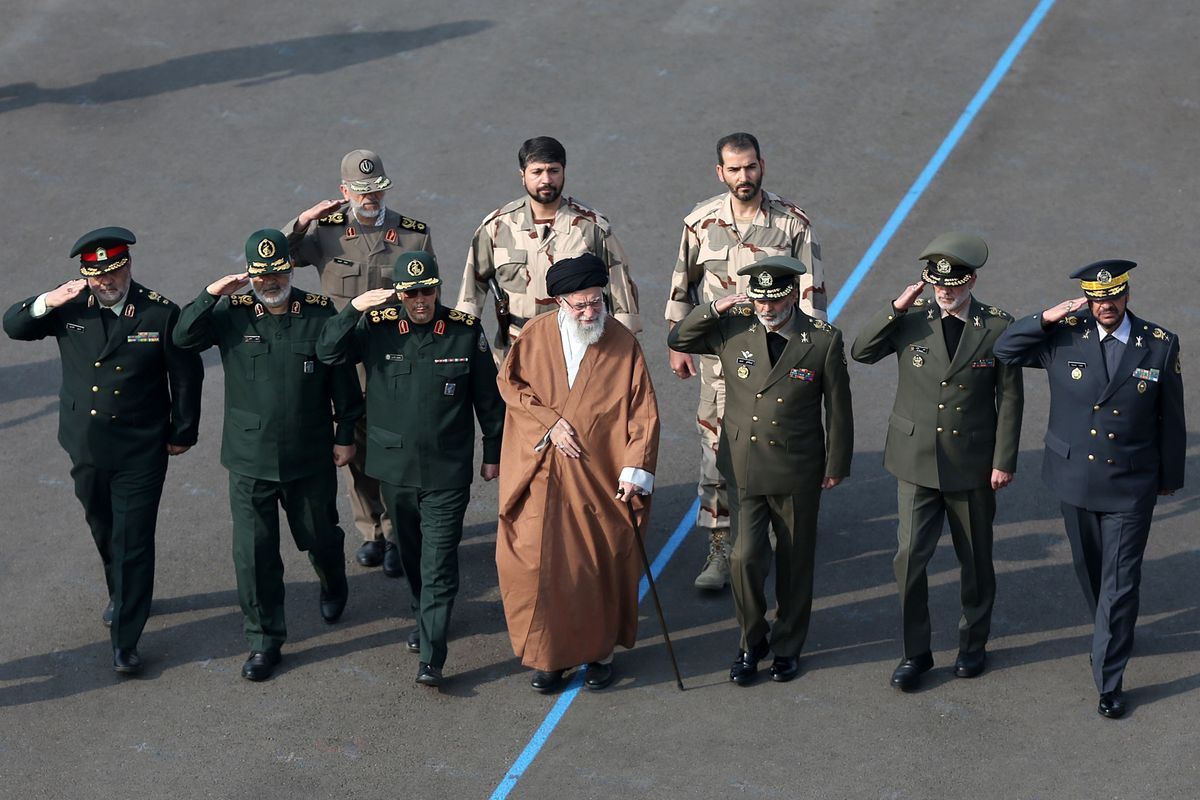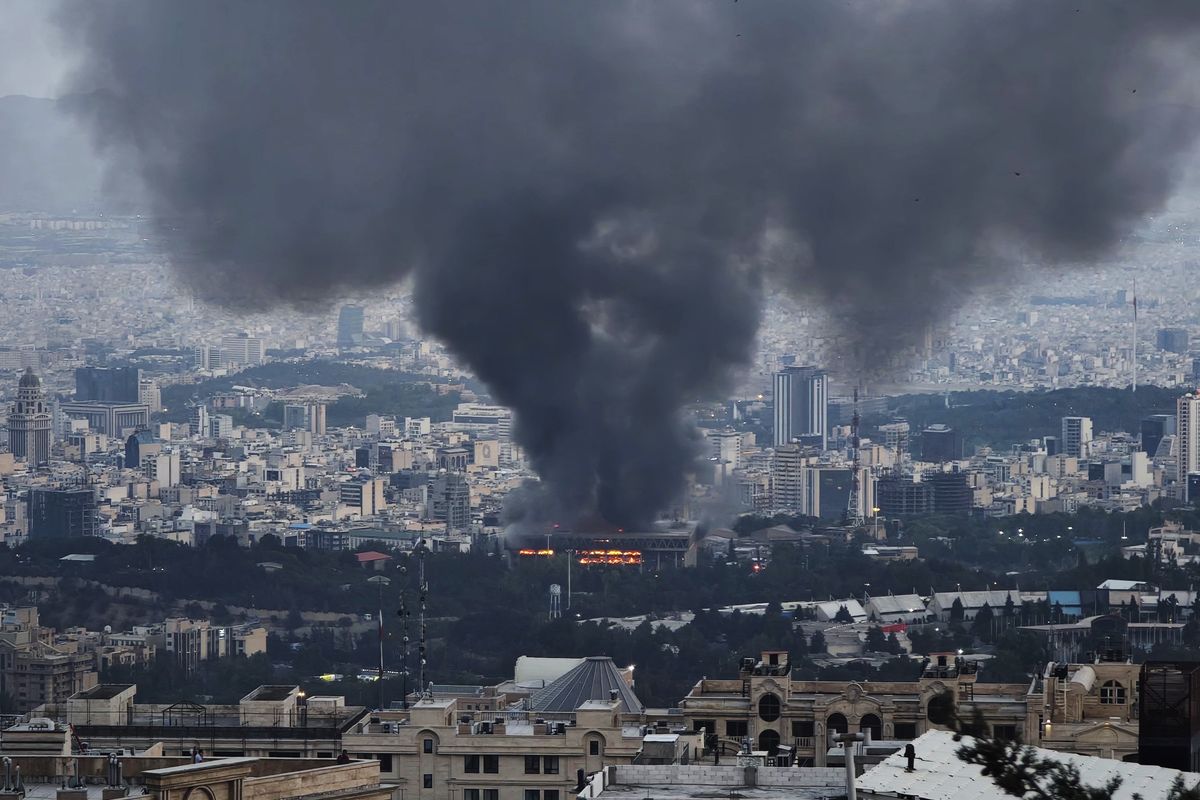CIPHER BRIEF REPORTING -- President Donald Trump said Monday that he is moving forward with plans to arrange a meeting between Russian President Vladimir Putin and Ukrainian President Volodymyr Zelensky in what is being seen as the next crucial step toward bringing an end to Russia’s war in Ukraine.
A meeting at the White House on Monday with President Zelensky and senior European leaders provided a strong show of solidarity, and a striking visual contrast to President Trump’s one-on-one meeting on Friday with President Putin in Alaska, which ended earlier than scheduled and without any public announcements of progress.
On Monday as the White House welcomed Zelensky, along with French President Emmanuel Macron, British Prime Minister Keir Starmer, German Chancellor Friedrich Merz, Italian Prime Minister Giorgia Meloni, and Finnish President Alexander Stubb, European Union President Ursula von der Leyen and NATO Secretary General Mark Rutte, the images signaled a much stronger show of unity among those calling for an end to the killing and a sign that the ball is landing squarely in Putin’s court.
"This looks to me like the beginning of negotiations,” Ambassador Kurt Volker who served as U.S. Special Envoy for Ukraine negotiations from 2017-2019, and as Ambassador to NATO from 2008-2009, told The Cipher Brief. “Putin set out his maximalist position. Now, Ukraine and the European leaders are setting out a much more modest and realistic one and calling for a trilateral meeting to discuss.”
Even though a scheduled press conference between Presidents Trump and Putin was cancelled after the two leaders met on Friday, White House Special Envoy Steve Witkoff characterized the meeting to CNN as a win, saying that the ball had moved forward on convincing Russia to agree to “Article 5-like protections”, describing the guarantees as “game changing.”
Article 5 under the NATO charter, provides for collective defense, meaning an attack against one NATO member can trigger a response by any NATO member - something that has been a non-starter for the Russian president since Moscow’s unprovoked invasion of Ukraine in February 2022. The idea of a U.S.-supported Article 5-type measure is something that the Trump administration has said will largely be shouldered by the Europeans – with U.S. support – and it signals a lot more pressure on the Russian President to concede on some of his most adamant demands to date.
The Cipher Brief Threat Conference is happening October 19-22 in Sea Island, GA. The world's leading minds on national security from both the public and private sectors will be there. Will you? Apply for a seat at the table today.
“Putin is under a lot of pressure,” former senior CIA Officer Glenn Corn told The Cipher Brief. “He's under stress. He understands that he doesn't have the cards.”
Even though the Russian President was not present during talks with Zelensky and European leaders, President Trump made a point to pause talks in order to call the Russian leader, according to European sources. A follow-up meeting between Putin and Zelensky would signal a strong win for President Trump. Not so much for President Putin.
“Putin is unlikely to accept such a meeting if his pre-conditions are not met,” Ambassador Volker told The Cipher Brief. “So, this is just positioning. The real issue will be what happens to Russian supply lines, increasingly targeted by Ukraine, and the Russian economy, which is faltering. I still expect Putin to go along with a ceasefire in place by the end of the year."
In addition to future security guarantees, another key issue on the table is that of land and just how much Ukrainian territory might be ceded to Russia as part of a deal to end the killing.
“Russia is chiefly looking to legitimize territorial gains obtained by force and Ukraine is looking for security guarantees if they are ever to agree to give up territory,” said former 6-time CIA station chief Ralph Goff in an exclusive Cipher Brief interview. “While the Ukrainians will hardly be ready to cede any territory without a Russian boot on it, Zelensky can likely give up territory but only if Russia accepts the Article 5-type" security guarantees.”
While an unpopular realization in Kyiv, some three and a half years into this war, Ukraine lacks the manpower to retake territory that’s been lost to Russia.
“Indeed, they are not able to prevent continuing incremental gains by the Russians albeit at huge cost to the Russians,” said Goff. “Thus, Zelensky can tell his countrymen "Look if you won't allow me to cede territory already lost to the Russians then I need to draft your teenagers to try and get it back."
Some experts, who have long advocated for more – not less – U.S. involvement in helping Ukraine are concerned about just how much land Kyiv will be forced to give up and how that may signal a win for Putin.
“The U.S. and our Allies have not actually even tried to help Ukraine win this war,” said retired Lt. Gen. Ben Hodges (Ret.), who served as NATO Senior Mentor for Logistics. “We never declared it as an objective or created or implemented policies that would make it so – we’ve barely touched Russia’s ability to export oil and gas and we’ve not touched frozen Russian assets, nor moved all of the military resources needed to help them win.”
Still, there is hope that the solidarity seen at the White House on Monday will be enough to pressure Putin to a deal.
“We shouldn't forget that Monday’s meeting didn't happen without White House concurrence,” said Corn. “They were guests of the United States Government and of the President of the United States. So, Europe, the U.S. and NATO seem unified in a way that we haven't seen in a while.”
Are you Subscribed to The Cipher Brief’s Digital Channel on YouTube? There is no better place to get clear perspectives from deeply experienced national security experts.
Read more expert-driven national security insights, perspective and analysis in The Cipher Brief because National Security is Everyone’s Business.















